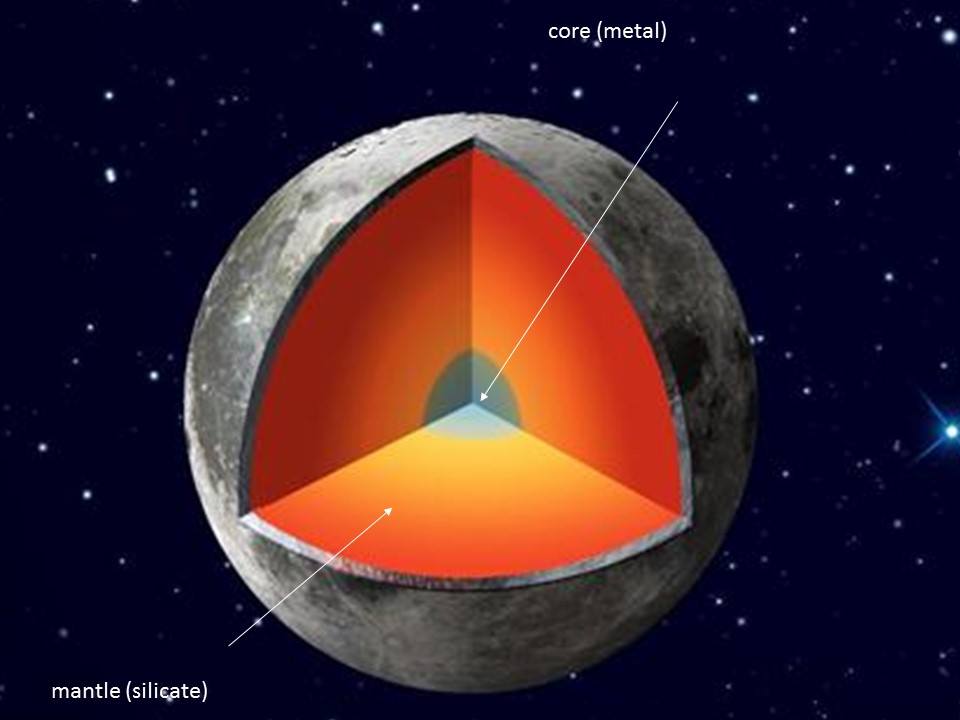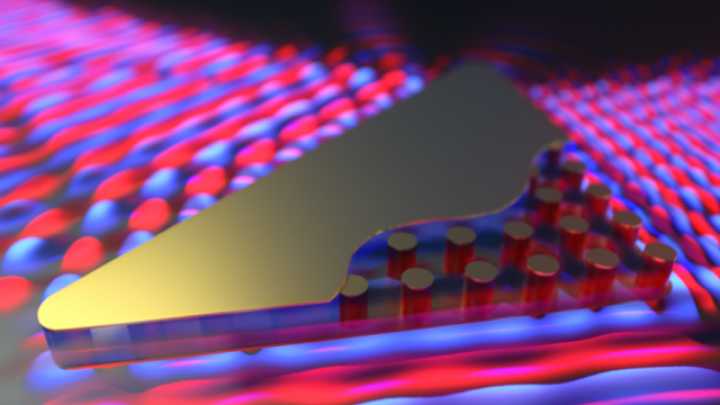Very soon we might be able to say good riddance to the overheating laptops, phones and tablets that we deal with every day. Electrons carry information around circuits but lose energy as heat during transmission. Electrons are the best thing we have right now for computing, but in the near future we could wave goodbye to electronics and welcome photon, or light, communication that will be both faster and cooler. There are still few hurdles before we can get this technology in every home and every pocket, but one of its limitations was just solved by the development of a new metamaterial.
A metamaterial is a substance that has properties not observed in nature. In this case, the special property is its refractive index, a value that describes how light propagates through a medium. Take water or glass, for example, which cause light rays to bend as they travel through them. This is why pools always look shallower than they actually are.
The new metamaterial has a refractive index of zero, which means that the light phase in the material can travel infinitely fast. This doesn’t mean that relativity is violated by this material, though. Light has a “group velocity,” the velocity at which the wave propagates into space, and a “phase velocity,” the velocity at which the peaks of the waves move with respect to the wave.








